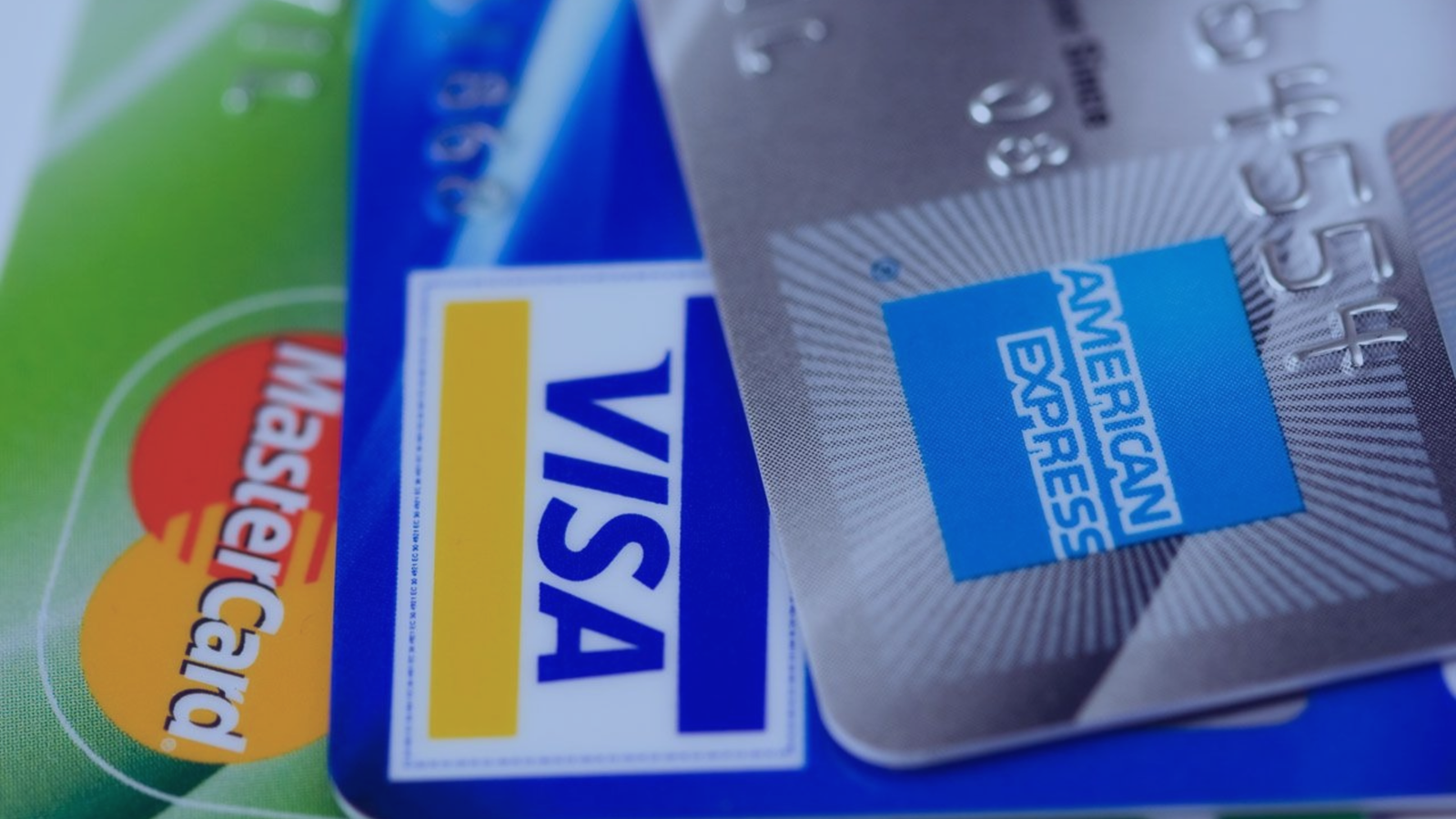Present day, taking credit card payments is critical for small companies to succeed. However, understanding the complicated world of credit card processing fees may be difficult, particularly for entrepreneurs and small company owners. Credit card processing costs can have a big influence on your bottom line, therefore it’s critical to manage your rates. In this blog article, let’s look at practical techniques for small businesses to get the best credit card processing rates, allowing you to save expenses and increase revenues.
Understanding Credit Card Processing Rates:
Before diving into tactics for getting the best rates, it’s important to understand the fundamentals of the best credit card processing rates. Credit card processing prices generally include interchange fees, assessment fees, and processor markup. Interchange fees are determined by card networks such as Visa and Mastercard and vary depending on the card type and transaction method. Assessment fees are imposed by card networks, whereas processor markup is the profit applied by your payment processor.
1. Research and Compare Providers:
The first step in obtaining competitive and best credit card processing rates is to study and compare various payment processors. While big banking institutions may provide processing services, independent payment processors and fintech startups frequently provide more competitive rates to small enterprises. Look for companies that specialize in helping small businesses and have open pricing structures.
2. Negotiate with Multiple Providers:
Don’t be afraid to bargain with different payment processors to get reasonable pricing. Small companies may usually negotiate cheaper costs depending on transaction volume, business type, and processing history. Be prepared to search around and negotiate terms that meet your company’s requirements and budget.
3. Understand Interchange Optimization:
Interchange optimization entails applying ways to qualify for lower interchange rates. This may involve keying in transactions for card-not-present transactions, utilizing EMV chip technology, and recording extra data during transactions. Work with your payment processor to develop interchange optimization techniques specific to your company.
4. Opt for Interchange-Plus Pricing:
Interchange-plus pricing is a clear pricing structure that separates interchange costs from the processor’s markup. This enables businesses to know precisely how much they are paying in interchange fees and processor markup, increasing transparency and perhaps lowering total expenses. Consider using interchange-plus pricing to obtain visibility into your credit card processing rates.
5. Monitor and Review Statements Regularly:
Maintain vigilance by routinely checking and scrutinizing your credit card processing statements. Look for any inconsistencies or unusual costs and report them to your payment processor right once. By remaining aware and proactive, you may uncover chances to optimize your rates and save needless costs.
6. Implement Fraud Prevention Measures:
Fraudulent transactions can lead to chargebacks and higher processing fees for organizations. Implement strong fraud protection procedures, such as address verification, CVV verification, and fraud detection systems, to reduce the likelihood of fraudulent behaviour. By decreasing fraud, you may be able to qualify for reduced exchange rates and cut processing expenses.
7. Utilize Technology and Automation:
Utilize automation solutions to improve credit card processing efficiency and save expenses. Look for payment processing options that include recurring billing, mobile payments, and interfaces with accounting software. Automating repetitive operations can help you save time and resources while increasing efficiency.
Let’s Check some of the cards
Ink Business Unlimited® Credit Card
The Ink Business Unlimited® Credit Card stands out as an outstanding choice for small company owners looking for convenience and value in a cash-back credit card. One of the most appealing aspects of the Ink Business Unlimited® Credit Card is the absence of an annual fee. The absence of an annual charge makes this card suitable for small business owners trying to cut costs. The card’s introductory offer of $900 cash back after spending $7,500 on purchases in the first three months is a big benefit for new customers. This significant, welcome incentive can be used to reduce company expenditures or put back into the firm.
Capital One Spark Cash Plus
The Capital One Spark Cash Plus is an appealing alternative for company owners who are willing to pay more and want to reap significant benefits. The Spark Cash Plus program provides a competitive rewards rate of 2%-5% cash back on all purchases. This tiered structure lets cardholders earn larger rewards as they spend more, resulting in enormous earning potential for firms with high costs. Unlike regular credit cards, the Spark Cash Plus is a charge card, which means cardholders must pay their full debt each month. While this may need tougher planning, it can also assist to avoid interest costs and promote smart spending habits. The Spark Cash Plus provides essential benefits for company owners, such as extended warranty protection, purchase security, and trip accident insurance. These features give peace of mind and security to business purchases and travel expenditures.
The Blue Business® Plus Credit Card from American Express
The Blue Business® Plus Credit Card from American Express is a standout choice for small business owners prioritising flexibility, rewards, and cost-effectiveness. One of the primary aspects that make the Blue Business® Plus Credit Card appealing is its introductory APR. New cards can take advantage of a competitive introductory APR term on purchases, allowing them to make important business expenditures without incurring interest charges during promotional time. This function is especially useful for firms that manage cash flow properly or make substantial investments upfront.
Securing the best credit card processing rates is critical for small businesses seeking to reduce expenses while increasing profitability. Small companies may reduce credit card processing costs and increase profits by researching and comparing providers, negotiating terms, understanding interchange optimization, and implementing fraud protection measures. With careful preparation and effective execution, small companies may successfully traverse the complexity of credit card processing. Incorporate these tactics into your daily operations to improve credit card processing rates and prepare your small business for long-term development and success. Creditcardzy is right there to help you out.

